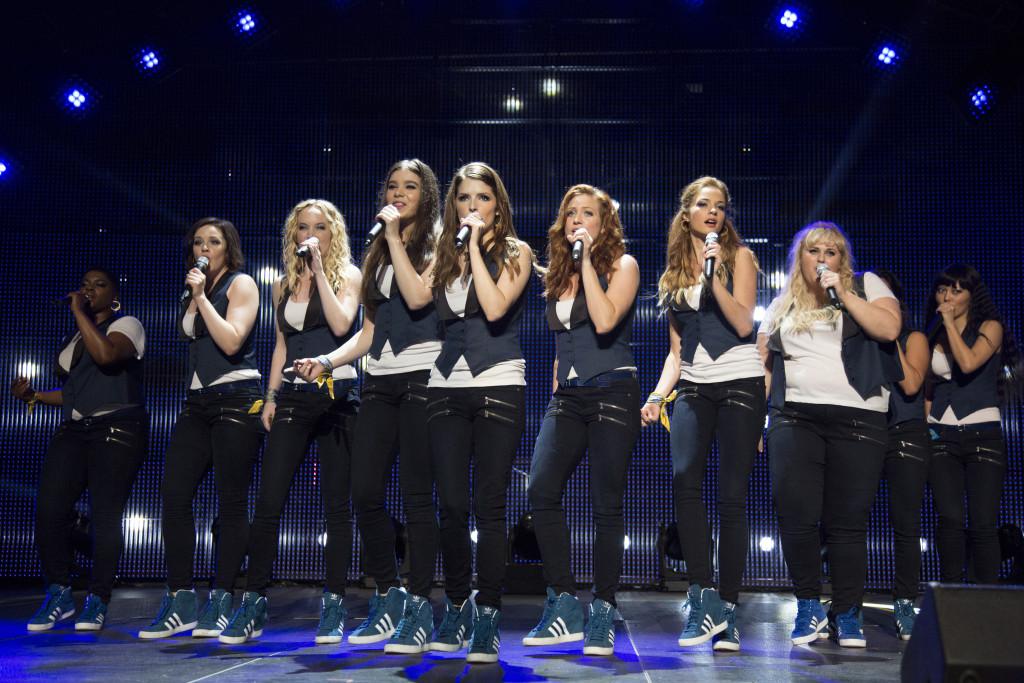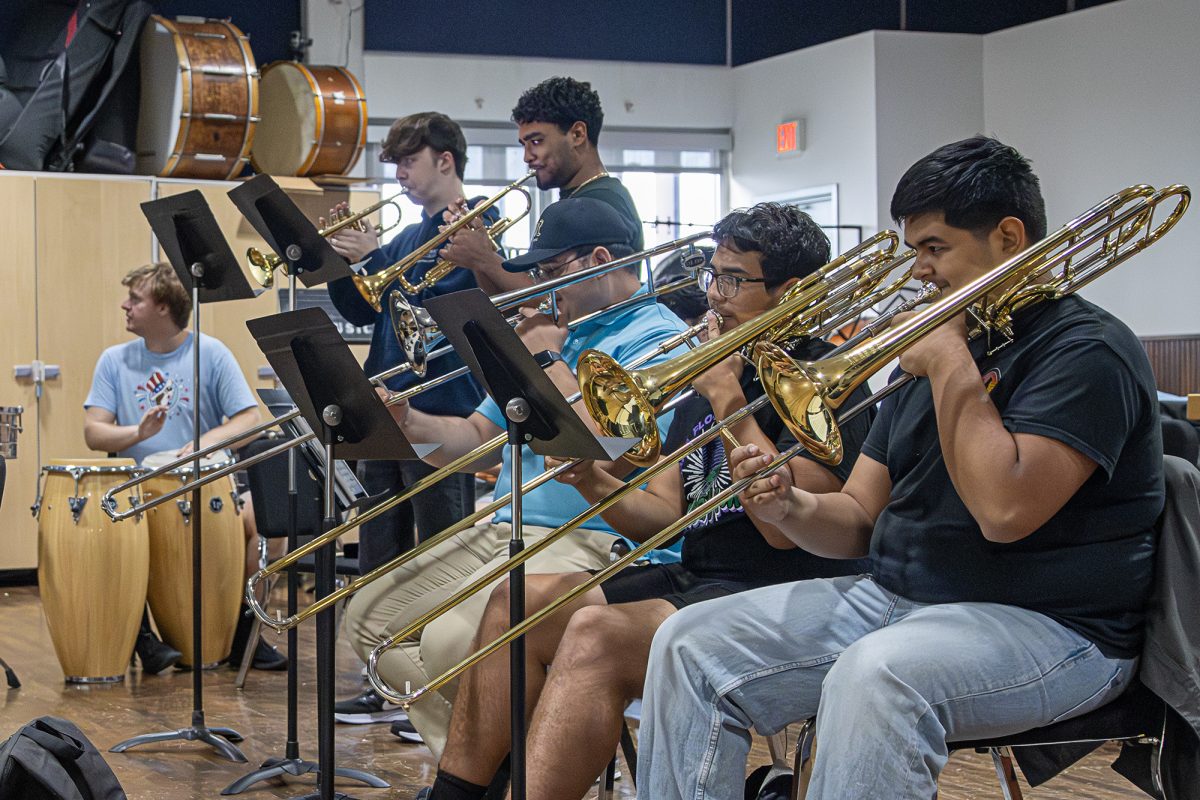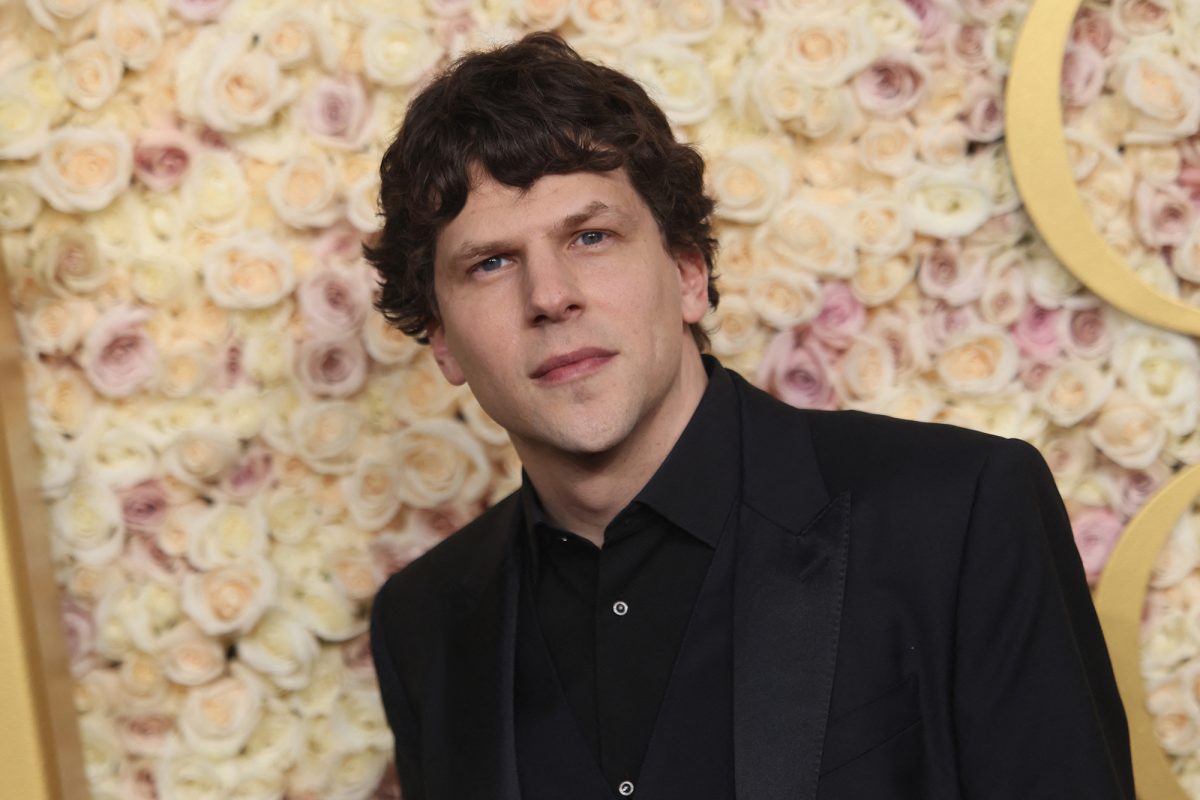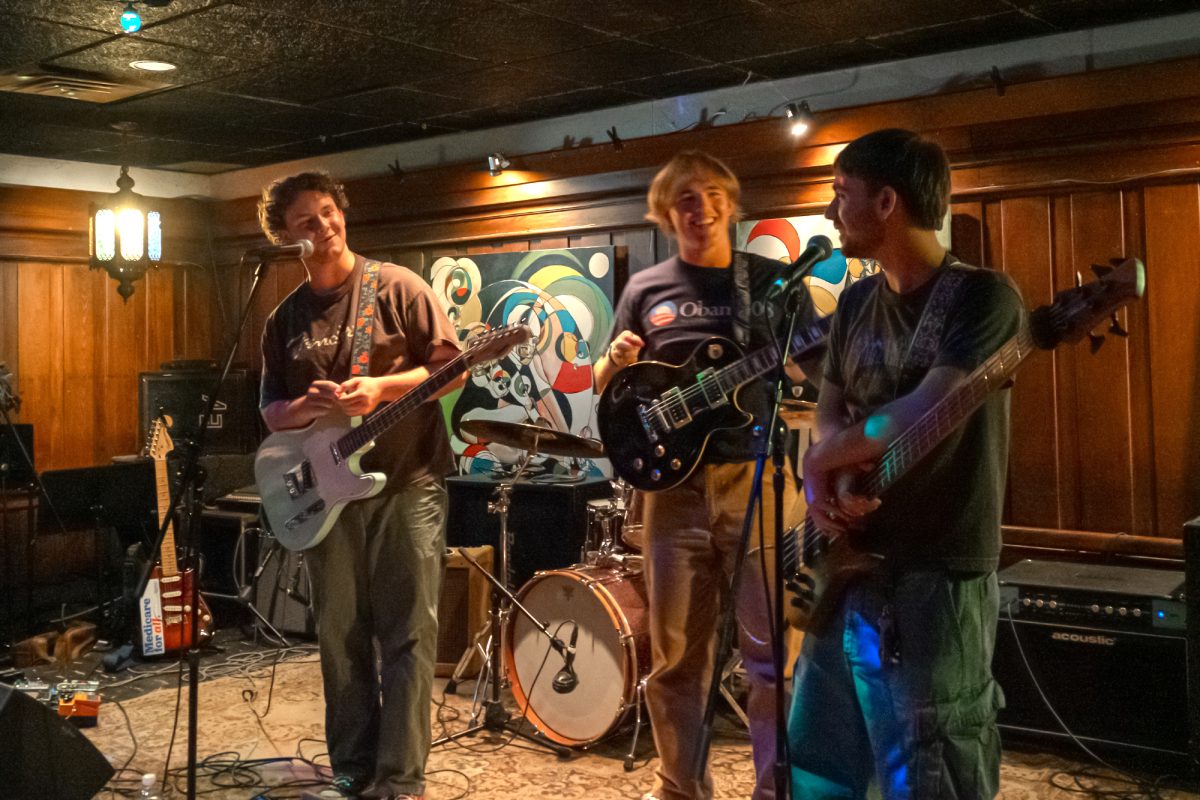Sequels have become a common occurrence in the movie industry as the spawn of a single box-office hit driven by high audience appeal and demand. However, sequels must produce a film that stays rooted in the redeeming qualities of the original, while also creating a completely new and entertaining storyline. Despite attempts to stand out from, but stay true to, its predecessor, “Pitch Perfect 2” gets lost in its oversaturated plotline and fails to live up to the success of the original.
“Pitch Perfect 2” follows the Barden Bellas on their journey to the international a cappella competition after a wardrobe gaffe during a public performance ruins their once golden reputation. The road is met with outside skepticism, a lofty rival in the form of German a cappella group Das Sound Machine and internal conflict within the Bellas themselves. However, in addition to this is the introduction of new romantic couplings, new characters and smaller, secondary storylines. These subplots draw attention away from the main premise of the movie, resulting in a frantic and cumbersome storyline.
Upon the first few performances from the Bellas, which are unnecessarily garnished with shiny costumes and circus-like antics, it’s clear the group has lost touch with its musical roots. In an ironically similar way, the group’s reliance on glitz and glamour mirror the film’s use of secondary plotlines, celebrity cameos and elevated dramatics to drive its appeal this time around. Unfortunately, these devices only push the film further away from the ingenuity and sincerity that shaped the success of its predecessor.
In its ambitious attempt to create a grander sequel, “Pitch Perfect 2” boasts more musical numbers than the original. However, not every number is a success, with the more glamorized performances losing touch with those in “Pitch Perfect.” The few-and-far-between musical numbers stripped of any unnecessarily flashy outfits or props — such as those from the riff-off scene, the Bellas’ reprisal of “When I’m Gone” and their World Finals performance — stay true to the film’s a cappella roots by highlighting the harmonies, beatboxing and teamwork that drive its musical charm.
With the introduction of new characters, such as those from Das Sound Machine and Bella newcomer Emily (Hailee Steinfeld), secondary yet integral characters from “Pitch Perfect” receive even less attention, such as Beca’s (Anna Kendrick’s) love interest, Jesse (Skylar Astin). Furthermore, the increased screen time given to dispensable characters such as the a cappella commentators (John Michael Higgins and Elizabeth Banks) is unnecessary and tiring at best. While the actors provide their characters with colorful personalities, their presence places the film’s main premise on a back burner at times.
The presence of multiple running storylines gives director and actress in the film Banks the intimidating task of weaving them together into a cohesive, entertaining sequel. What results is a less-than stellar two-hour movie, as Banks only loosely ties together the many plotlines with rough cuts that jump briskly from scene to scene. Banks makes the mistake of bogging down the movie with an overly ambitious plotline instead of focusing solely on building upon the underdog charm established by the original.
In a similar sense, the writing in the movie leaves much to be desired, as writer Kay Cannon placed the most attention on garnering laughs through a constant slew of jokes and one-liners. The film succeeds and fails in this respect, with the jokes either eliciting a collection of laughs or a few cringed chuckles from the audience. The jokes are not as witty or well-timed as those in the original, as some comedic attempts are tasteless and mediocre at best, with a few of the film’s secondary, minority characters only being used for off-putting and stereotyping one-liners. With the script lacking any real narrative substance, characters can get away with crazy antics to fill the holes left by the unsatisfying writing. Even the few moments of fleeting sincerity in the movie are better supplemented by the honest connection among the actors instead of the lackluster script.
Despite the film’s large ensemble, the actors succeed in providing spunk and personality to their respective characters. For instance, Das Sound Machine female lead Birgitte Hjort Sorensen is intimidating in her condescension of the Bellas, and Steinfeld strikes a perfect chord between Emily’s adorable and endearing awkwardness. Fat Amy (Rebel Wilson) returns with the same raunchy humor as before, and Kendrick also adds a welcome layer of honest insecurity and vulnerability to her character. On a larger note, the Bellas’ actresses convey both the struggles often found in a tight-knit team of young ladies as well as the sisterhood and comfort they discover in one another, and it is where the true heart of the movie lies. Their shared ambition and friendship becomes the driving force of the film and provides many of the movie’s most heartwarming moments.
Faced with the daunting task of building off the success of its predecessor, “Pitch Perfect 2” relies too heavily on filling itself with unnecessary plot devices that fail to add any value to the film. With a greater focus on increasing the grandeur of the performances and the movie itself, the film strays from the simple charm established by “Pitch Perfect.” The heightened expectations held by fans of the original will most likely falter, proving that even for a sequel, less is almost always more.














